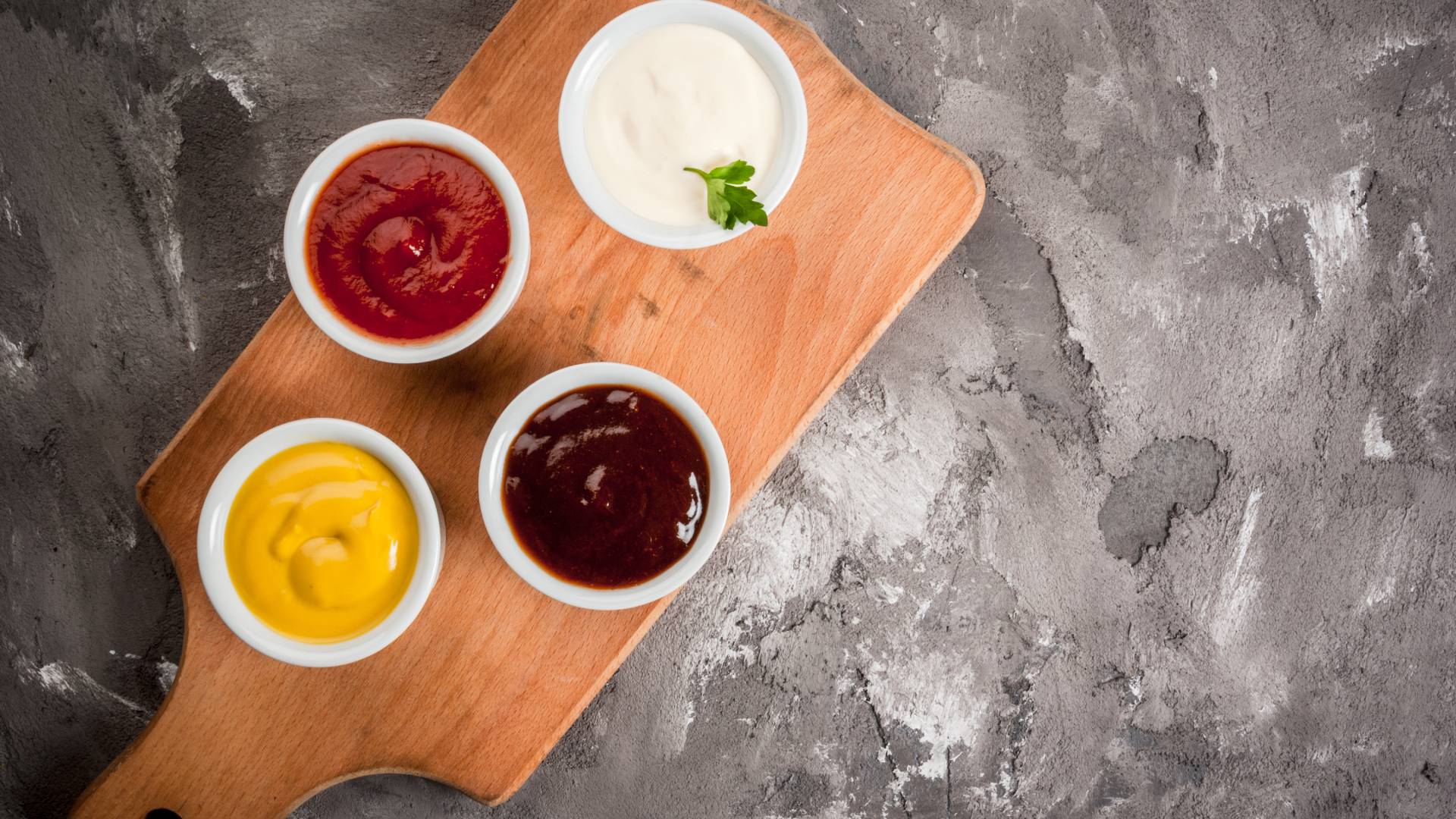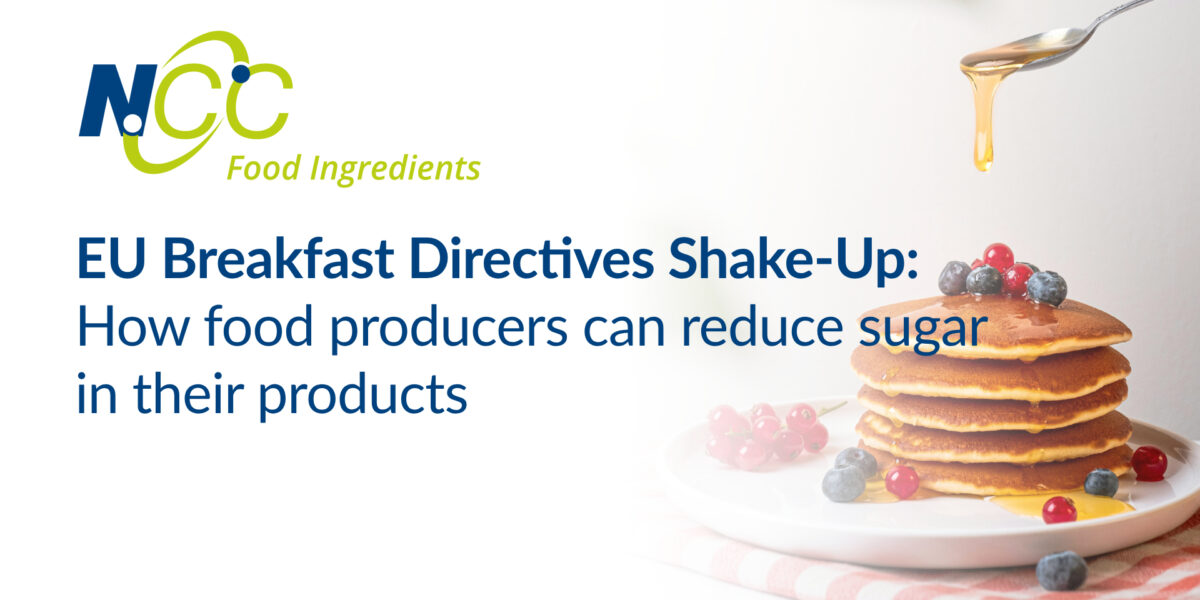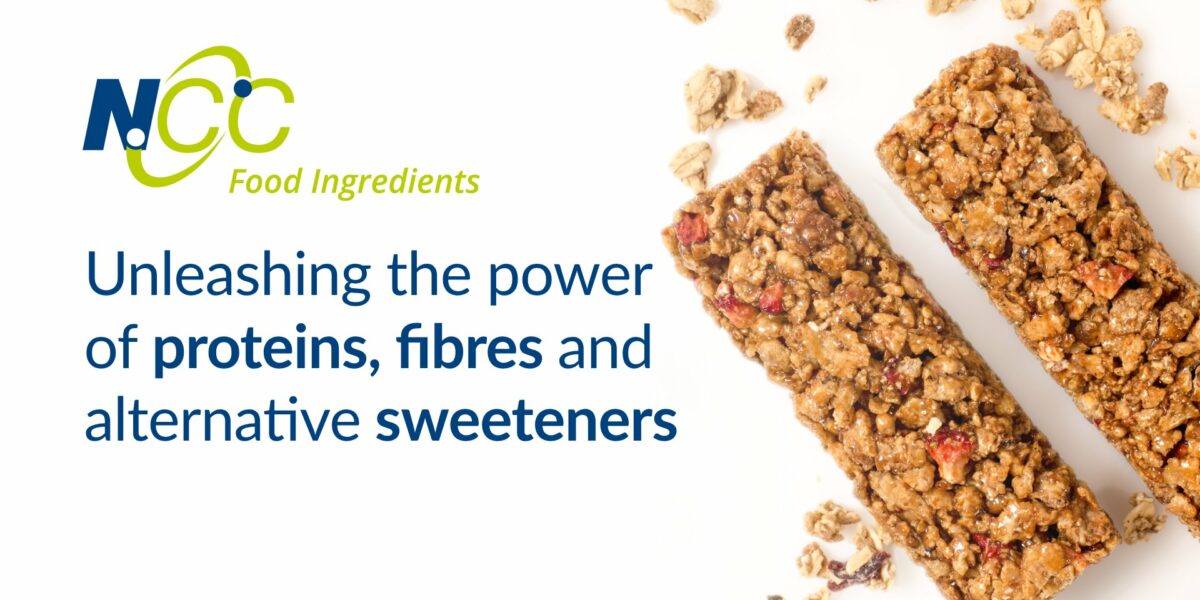By Fintan McConnell, Product Manager Food Ingredients discusses Erythritol and Stevia in sauce and condiment manufacturing.
Sugar often plays an essential part in many sauces and condiments, aside from sweetening and balancing flavours it also controls pH levels, as well as reducing water activity. Controlling both of these elements is very important when it comes to reducing spoilage. Sugar can in some products also act as a bulking agent as well as assisting with viscosity.
Sugar taxation will probably be further rolled out
In the last few years sauces and condiments have come under the media spotlight as many contain considerable amounts of sugar. It is largely presumed that eventually sugar taxation will be applied not only to drinks but eventually to other food products that often contain high amounts of sugar, more than likely sauces and condiments will be affected by this. As a result of this there is now a move across many segments of the food industry to reduce, remove or replace sugar.
Why use natural sweeteners instead of artificial ones
Some companies have replaced sugar with artificial sweeteners, though this does work, I believe that the flavour profile can sometimes be compromised. In addition, many consumers are now seeking products that are not only low in sugar but that contain only natural ingredients. Fortunately, there are some excellent options on the market these days when it comes to no added sugar natural ingredients. The challenge however is that not all solutions replace or are able to provide the functions that sugar gives to a product.
In my experience one of the best approaches for replacing sugar in sauces and condiments is using a combination of the sugar alcohol Erythritol combined with 2nd generation Stevia. We have previously explained what Stevia is and how it works, below I’ll discuss what is Erythritol and why I suggest to combine it with Stevia.
What is Erythritol?
The sweetener Erythritol, is about 70% as sweet as sugar and naturally occurs in fruits and vegetables. Unlike other sugar alcohol which contain low calories, Erythritol has no calories. One of the most common ways that it is made is by fermenting dextrose derived from corn. Erythritol has been available in Japan since 1990 and it has been recognised as safe by the World Health Organisation (WHO) in 1999 and 2001. It’s commonly used in beverages, sweets, chewing gum, condiments, sauces, chocolate and baked goods.
Erythritol – benefits
Erythritol not only achieves many of the various roles that sugar can , but it also has some additional benefits.
- Firstly, it is not totally absorbed by the body meaning that it has much fewer calories than sugar, it is also lower on the glycemic index. This means that it releases into the blood stream more gradually than sugar.
- Secondly, Erythritol has the benefit that it can improve oral health by preventing bacterial growth, which is quite the opposite to sugar.
- Thirdly, Erythritol has no aftertaste and it can be used just like sugar. This is a major benefit as it means that often few changes to the original recipe need to be done. In some cases, where sugar has been used as a bulking agent in a baking product, it may be necessary to use a bulking agent in combination with Erythritol.
- Lastly, aside from providing sweetness it also helps keep moisture in food products that contain it.
Erythritol has a few nuances
I need to state however that like many other sweeteners on the market that Erythritol can lead to a feeling of being bloated. The general guide is that one gram of Erythritol can be consumed per kilogram of body weight per day. It is therefore unlikely that it will affect the majority of consumers.
Why use Erythritol and Stevia in sauce and condiment manufacturing
Back to sauces and condiments, the reason why I suggest replacing sugar with Erythritol and Stevia in sauce and condiment manufacturing is for the following reasons; Stevia on its own is 100 to 180 times sweeter than sugar, therefore a lot less is required to be used than sugar. Using 2nd generation Stevia, it provides the sweetness with none of the bitter after taste that is associated with traditional Stevia. However, in order to create the right texture and viscosity, I suggest using a mix of approximately 98% Erythritol combined with 2% of 2nd generation Stevia. Doing so means that the sweetness provided rises quickly and is smooth as well as giving excellent mouthfeel. The Stevia balances out the flavour profile of Erythritol, whilst the Erythritol provides the bulking to the product.
Experience in sauce and condiment development
Erythritol combined with 2nd generation Stevia is an excellent combination of natural sweeteners that is ideal for sauces and condiments. Here at NCC Food ingredients we have worked directly with sauce and condiment producers. More recently we assisted in the development of low sugar and no sugar ketchups and brown sauces. We worked directly with the producer as to ensure that the finished products matched the exact requirements that were required. The series of products launched and have proven to be very successful.
If you would like to know more about our Erythritol and 2nd generation Stevia or our full range of sugar replacement products, then fill out the form below and we’ll be in contact.





